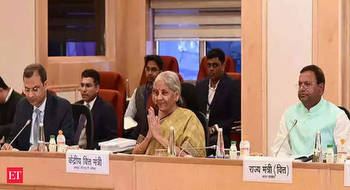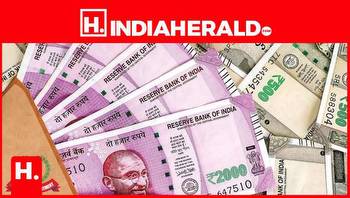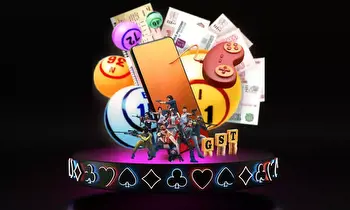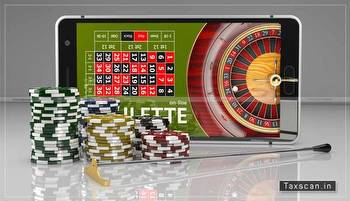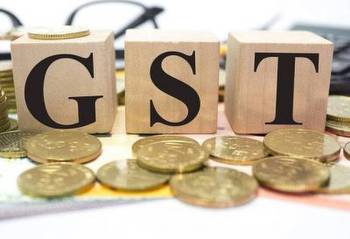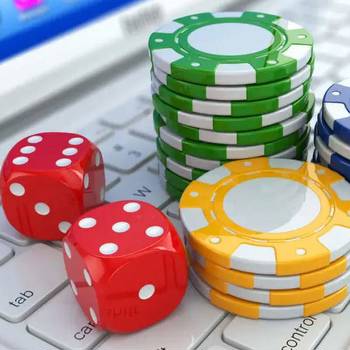IT doesn't differentiate Legal & Illegal Gambling

The Government Wants 30+ Percent of Your Gains No Matter Where You Got Them
Wherever and however you have stricken a winning from playing whatever game, from a live casino entertainment, an online fantasy sports tournament, to a completely illegal chance draw, you owe to the government a substantial portion of it, which in practice is exceeding 30 percent.
As far as taxes are concerned, the exchequer does not differentiate whether you made such gains in a legal or illegal manner, in all cases you should pay your dues. This aspect of Indian tax policy towards earnings made from gaming is revealed in SevenJackpots’ latest research on “Income Tax on Gambling Winnings”.
The Union Income Tax Act clearly says that “all income from both legal and illegal activities is subject to taxation,” the study points out. This is also valid for “any income by way of winnings from any lottery or crossword puzzle or race including horse race (...) or card game and other game of any sort or from gambling or betting of any form or nature whatsoever,” as per section 115BB of the Act.
Unlike corporate taxes for gaming operators which may vary from state to state, personal income levy for gambling winners is uniform across the country and is overseen by the Income Tax Department under the Central Board of Direct Taxation (CBDT), a part of the Revenue Department at the Union Ministry of Finance.
Tax Rate and Surcharges
All winnings made from playing casino app or browser-based games, fantasy sports or skill gaming platforms, lotteries, horse races, and any other gaming activities exceeding the non-taxable annual minimum of ₹10,000 are subject to a flat levy of 30 percent plus certain surcharges.
The Health and Education Cess is applicable over all income tax payments and adds 4 percent to their value, thus making the effective levy rate 31.2 percent. As its name suggests, the proceeds from the Cess are used to fund projects of national importance within the spheres of health and education.
Additional surcharges of 10 or 15 percent apply for winnings exceeding ₹50 lakhs or 1 crore respectively. Gains of such magnitude are rare in gaming, except in lotteries, and usually when a big jackpot is won at an online casino, the platform pays it out in several separate transactions.
As per the law requirements, most local gaming establishments and online platforms based in India deduct the applicable taxes before paying out the winnings in the form of Tax Deducted at Source (TDS). The majority of offshore gaming sites, on the other hand, distribute the full amount of the winnings to users, and gamers have to declare and pay their taxes by themselves.
In all cases, it is strongly advisable that taxpayers keep all digital and physical receipts of their withdrawals and any tax deductions that have been made as proof of what dues have already been paid to the government.
With the introduction of the Union Budget for FY 2021-22, the Central Government provided tax payers with the opportunity to update their Income Tax Returns for the last two assessment years in case they have made an error or an omission when declaring their income.
This can be done through the ITR-U form, which attracts surcharges between 25 and 50 percent over the previously unpaid tax plus the accrued interests, but relieves taxpayers from the danger of receiving a heavy penalty.
Indirect taxes, or GST, affect the prices of tickets and entry fees, and the amounts of prize pools and winnings, but are not a concern of the players. GST is an obligation of the registered supplier of goods or services and is included in what the users pay to the gaming provider.
Content Produced by Indian Clicks, LLC











